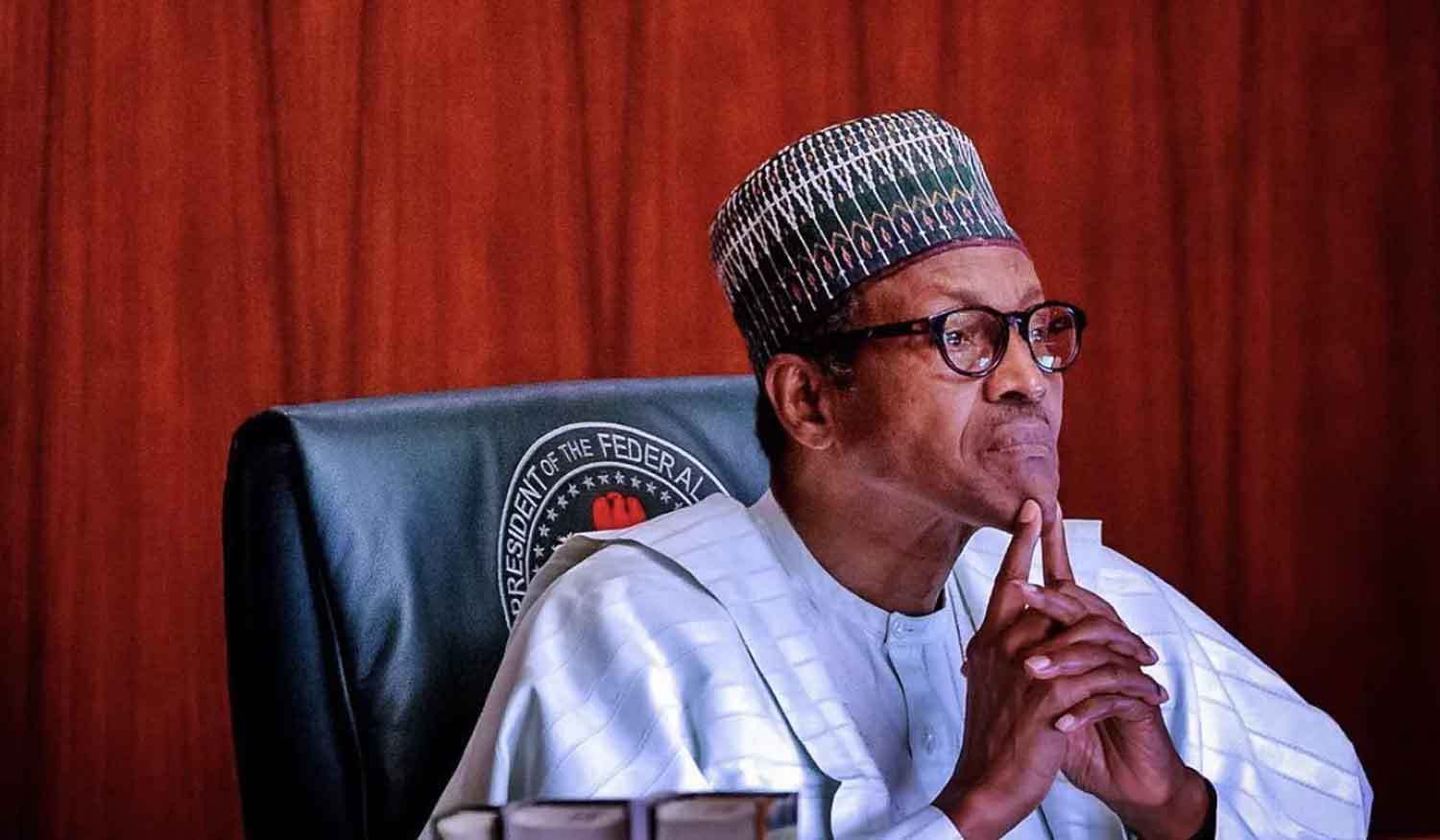
By Habibat Aliu
Civil rights advocacy group, Human Rights Writers Association of Nigeria (HURIWA), yesterday, asked the Federal Government to remove multiple taxations and the 10 per cent excise duty placed on carbonated drinks, which is forcing manufacturing companies and factories to shut down and relocate to neighboring countries like Ghana and Benin Republic with friendly business climate.
HURIWA’s National Coordinator, Comrade Emmanuel Onwubiko, in a statement, said Nigeria’s economy is crumbling under President Muhammadu Buhari as his National Economic Council led by Vice-President Yemi Osinbajo has blatantly failed Nigerians having been unable to deliver any prosperity to Nigerians in about eight years.
The group said though Buhari promised to uplift millions of people from the poverty bracket when he campaigned for office in 2015, he has done exactly the contrast of what he promised as the shallow economic decisions of his government have plunged millions of Nigerians into poverty with the unemployment rate standing at 33.3%, meaning about 23 million agile and active adult Nigerians are jobless.
Members of the National Union of Food Beverage and Tobacco Employees (NUFBTE) recently reflected on the growing job loss due to multiple taxations and other crippling business conditions by the Federal Government when they lamented that more than 5,000 employees in the sector have been sacked within eight months in 2022.
Commenting, HURIWA’s Onwubiko said, “It is so unfortunate that all indices of economic development are in red and the levels of unemployment and poverty, hunger have ballooned out of control and it is so clear that there is a disconnect the economic team of President Buhari if they are indeed still in existence.
“It is evident that the soaring prices of diesel, cooking gas, electricity tariffs and the general sources of energy make it difficult for businesses to thrive in Nigeria. Yet, the government is insensitive by imposing multiple taxations and unthinkable excise duties to further burden businesses that are supposed to be encouraged to keep providing jobs for citizens as the government has no job anywhere.
“With inflation rate at a new 17-year high of 20.77% in September 2022 and food inflation at 23.34%, according to the National Bureau of Statistics, prices of food and essential commodities have skyrocketed to more than 100% in some cases. N1,000 can hardly buy a loaf of bread while the prices of tubers, pepper, garri, cassava, rice, and other grains which are staples of the common man have shot beyond the roof!
“The situation has since gone from bad to worse with the flooding that has ravaged over 20 states across the Federation, washing away thousands of hectares and acres of farmlands. The situation has since moved from worse to worst with the planned redesign of the N1,000, N500 and N200 notes money hoarders, who don’t want to take their money to bank, troop into markets and purchase the foodstuffs in bulk, thereby creating a higher-bidder scenario and artificial scarcity which is totally avoidable in the first place if the government is reasonable in its economic approach and avert the impact of flooding on farmers.
“Naira is falling in value to the dollar and the CBN is bent on redesigning the Naira at this time with a very short timeframe and just a few days to election thereby fueling currency speculation with the Naira being one of the worst currencies on the globe at the moment. This is tragic more so because the finance ministry and apex bank are working at cross-purposes thus compounding the economic adversities affecting millions of Nigerians.
“The Federal Government must take steps to avert the total collapse of the economy of Nigeria because if the economy collapses then constitutional rule and democracy will inevitably collapse. The government must build back the confidence of manufacturers by removing burdensome taxes and duties, incentivise businesses with tax breaks to retain them in Nigeria, amongst others. check the government’s assisted massive thefts of crude oil resources and financial leakages in the system fueling the general condition of economic paralysis”.






